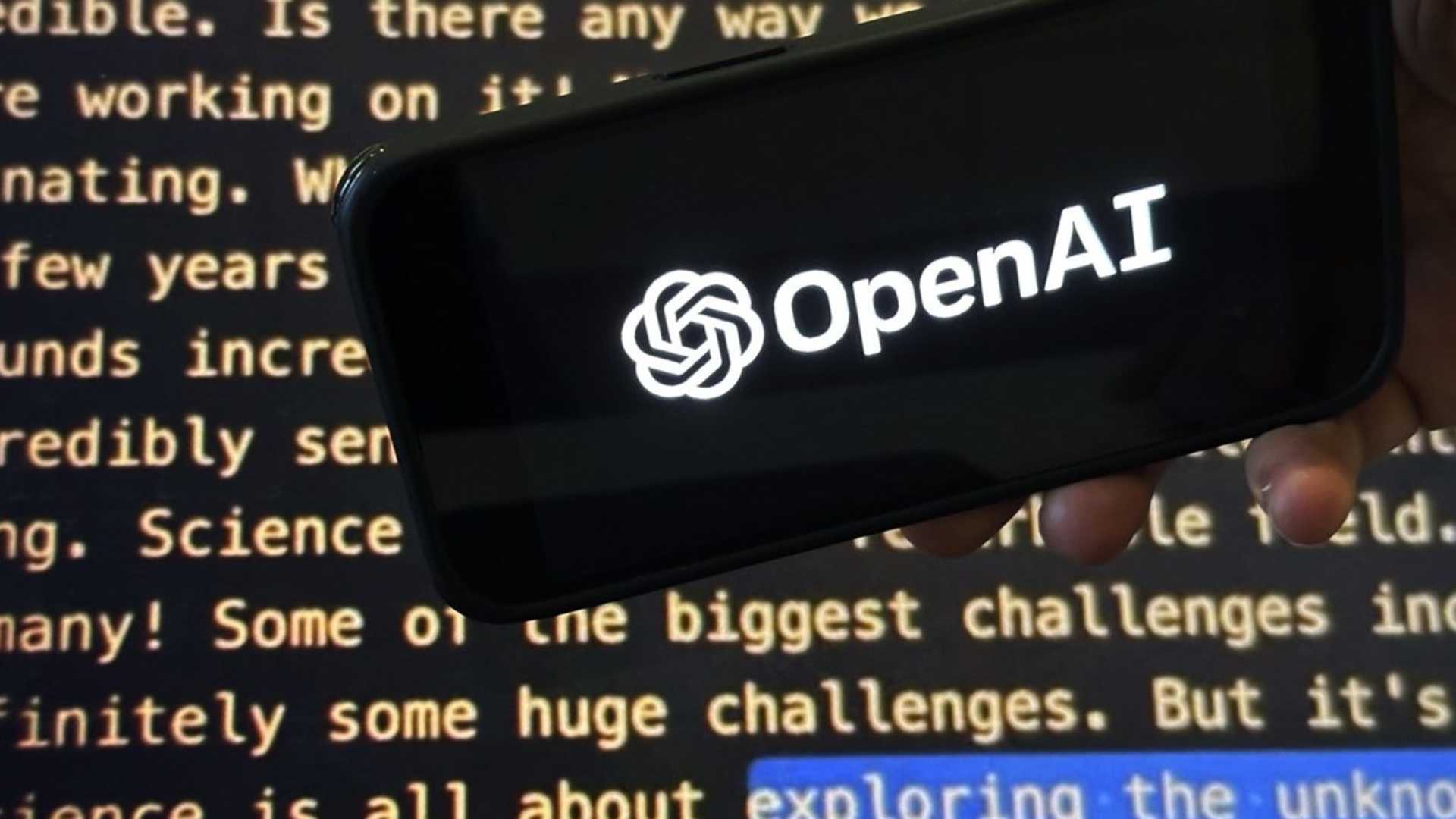OpenAI reverses course, says its nonprofit will remain in control
The OpenAI logo is displayed on a cellphone with an image on a computer monitor generated by ChatGPT’s Dall-E text-to-image model in Boston. OpenAI has said its nonprofit would continue to control the company.
After months of pursuing a plan to convert itself into a for-profit business, OpenAI is reversing course and said Monday its nonprofit would continue to control the company that makes ChatGPT and other artificial intelligence products.

Decision to Retain Nonprofit Control
“We made the decision for the nonprofit to stay in control after hearing from civic leaders and having discussions with the offices of the Attorneys General of California and Delaware,” said CEO Sam Altman in a letter to employees.
Altman and the chair of OpenAI’s nonprofit board, Bret Taylor, said the board made the decision for the nonprofit to retain control of OpenAI but is proposing another way to grow its business.
Challenges and Changes
Shareholders will also receive stock and a cap on profit for some investors will be lifted, as part of the new plan. Altman said the changes would make it easier for the for-profit to behave more like a normal company.

Taylor declined to say Monday how large of an ownership stake the nonprofit will have in the new public benefit corporation. He said in a call with reporters that the nonprofit will choose the board members of the public benefit corporation and, at first, they will likely be the same people who now sit on OpenAI’s nonprofit board.
Public Benefit Corporation
Public benefit corporations were first created in Delaware in 2013 and other states have adopted the same or similar laws that require the companies to pursue not just profit but a social good.
Altman said that converting from a limited liability company to a public benefit corporation “just sets us up to be a more understandable structure to do the things that a company of our scope has to do.”
![]()
Challenges Faced
OpenAI first outlined plans last year to convert its core governance structure but faced a number of challenges. One is a lawsuit from Musk, who accuses the company and Altman of betraying the founding principles that led Musk to invest in the charity and tried to block the conversion to a for-profit. A federal judge last week dismissed some of Musk’s claims and allowed others to proceed to a trial set for next year.
OpenAI also faced scrutiny from the top law enforcement officers in Delaware, where the company is incorporated, and California, where it operates out of a San Francisco headquarters.
A coalition of California-based charities on Monday renewed its call for California’s attorney general to investigate and questioned whether OpenAI’s planned new business structure would carry out its charitable mission.
If OpenAI is truly committed to benefiting humanity, it should transfer its charitable assets over to an independent public trust completely separate from any for-profit interests,” said a statement from Fred Blackwell, CEO of the San Francisco Foundation.



















